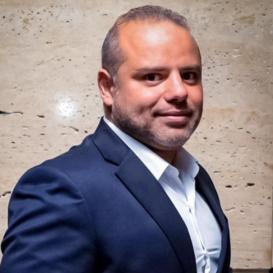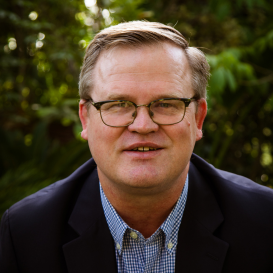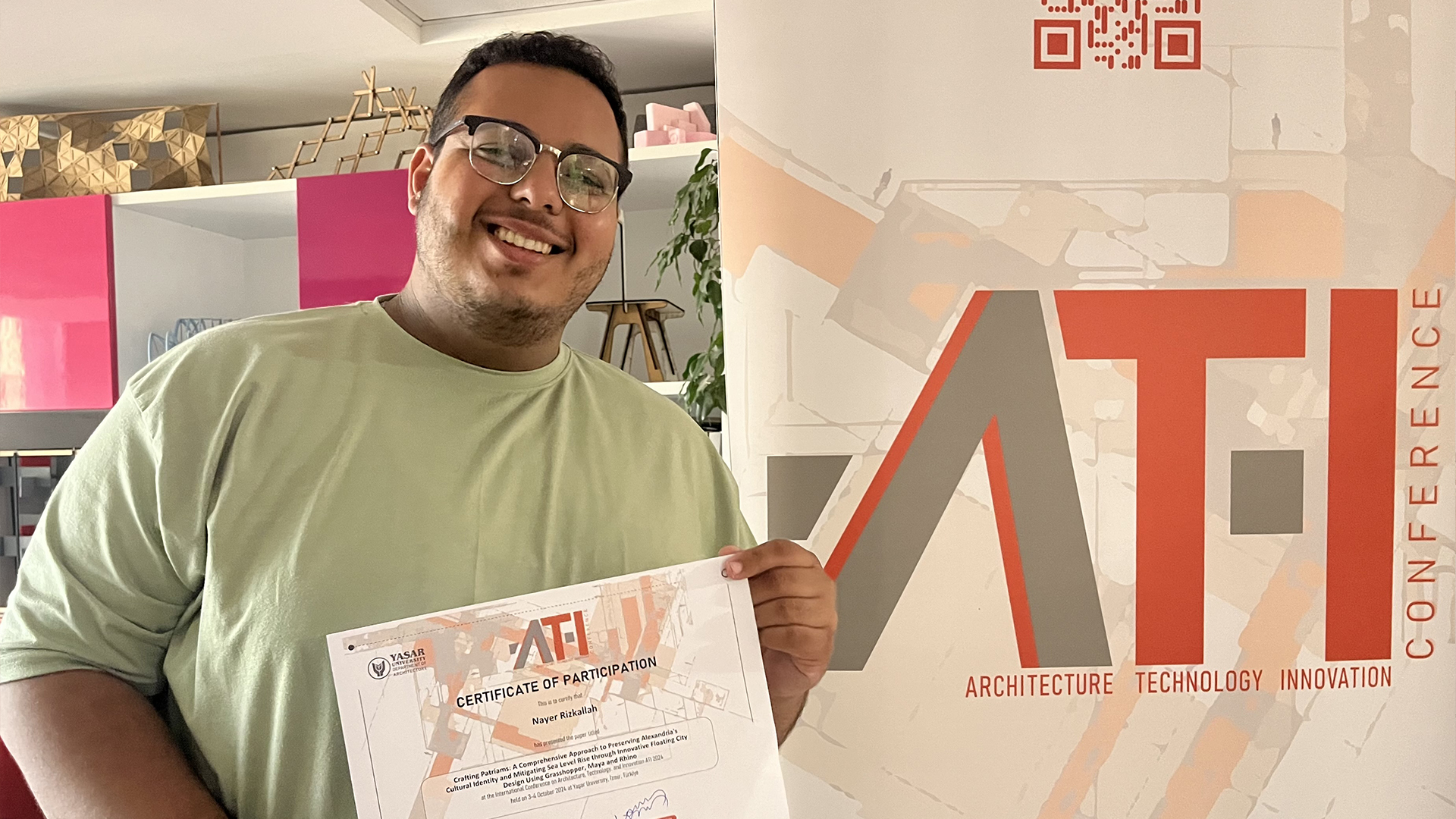In an AUC research paper for his thesis project, architecture graduating senior Nayer Rizkallah proposed a floating city prototype to accommodate displaced citizens and preserve cultural identity in the face of rising sea levels due to climate change, using Alexandria as a case study and aiming to create a replicable framework for other coastal cities.
“This research highlights innovative strategies to address the impact of sea-level rise while maintaining the cultural essence of Alexandria,” said Rizkallah, who recently presented his findings at the Architecture Technology Innovation Conference in Turkey.
“Patriam offers a sustainable solution, not just preventing displacement but fostering Alexandria's expansion and serving as a model for resilient urban planning in the face of climate change."
A 2018 study noted that Alexandria has an estimated sea-level rise of 0.5 to 1 meter, which puts it at risk of significant displacement for 50% of its physical mass and its population, endangering both its cultural heritage. Rizkallah’s study, "Crafting Patriams: A Comprehensive Approach to Preserving Alexandria's Cultural Identity and Mitigating Sea Level Rise Through Innovative Floating City Design Using Grasshopper, Maya, and Rhino,” proposes a floating city prototype named Patriam, which not only supports displaced citizens but also preserves and enhances Alexandria's cultural identity.
The research integrates site analysis, historical evolution and cultural elements to design a city that reflects Alexandria's essence while anticipating future needs. Using computational tools like Grasshopper and Rhino, the form generation process combines structural systems and floating technologies.
“Patriam offers a sustainable solution, not just preventing displacement but fostering Alexandria's expansion and serving as a model for resilient urban planning in the face of climate change,” said Rizkallah.
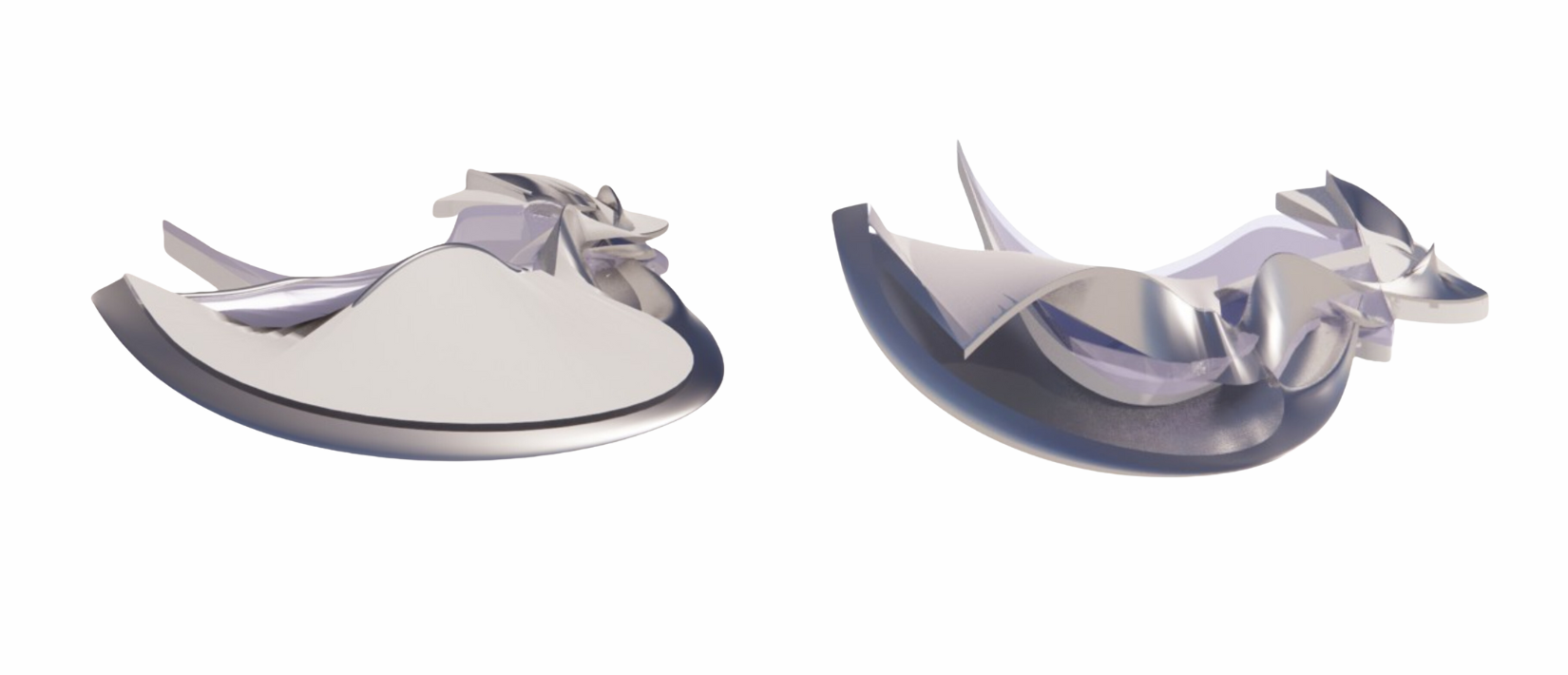
Rendered images showcasing the intricate layers and diverse materials used in the model, highlighting its multi-level, complex design. The form draws inspiration from the core essence of Alexandria, reflecting its human-centric history and architecture
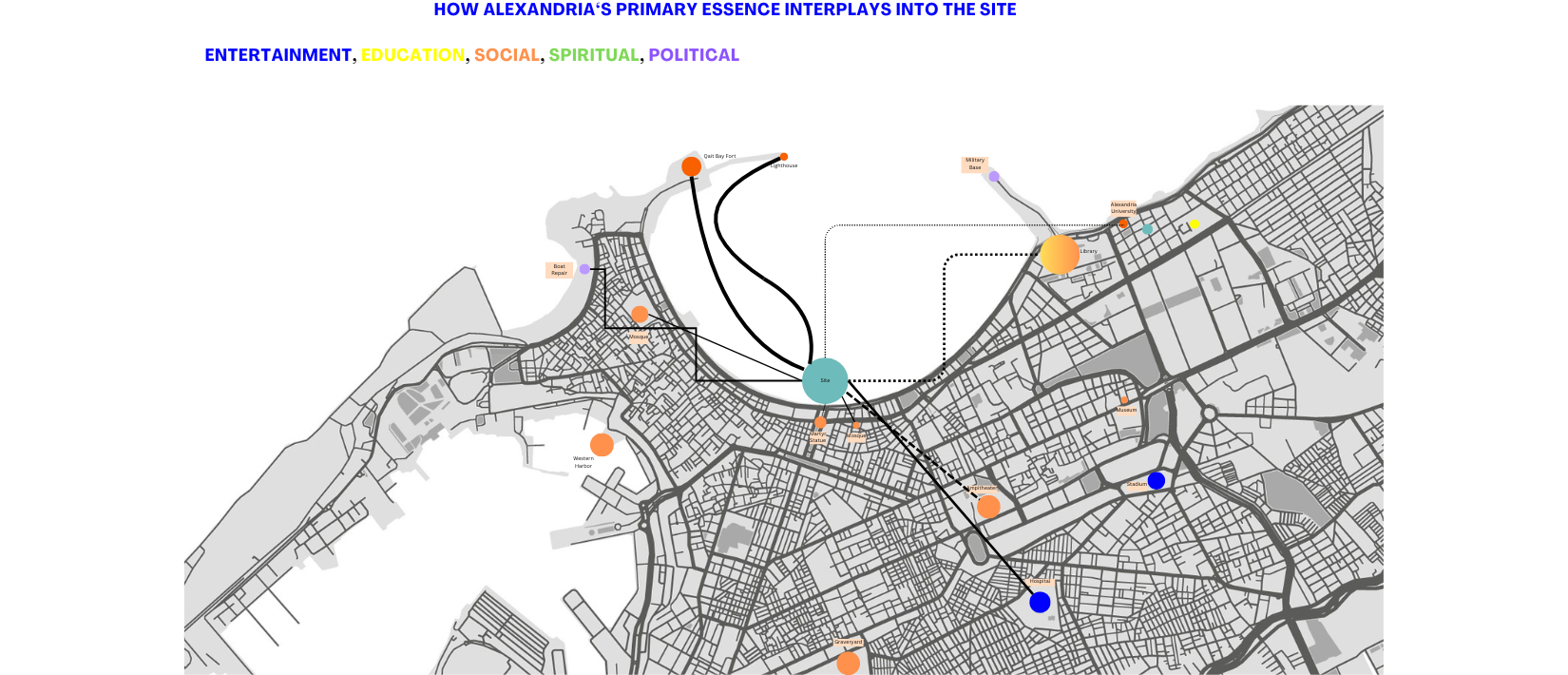
This initial analysis explores the surroundings of the site in Alexandria and how its cultural landmarks shape the site, making this project uniquely suited to the city's cosmopolitan character
